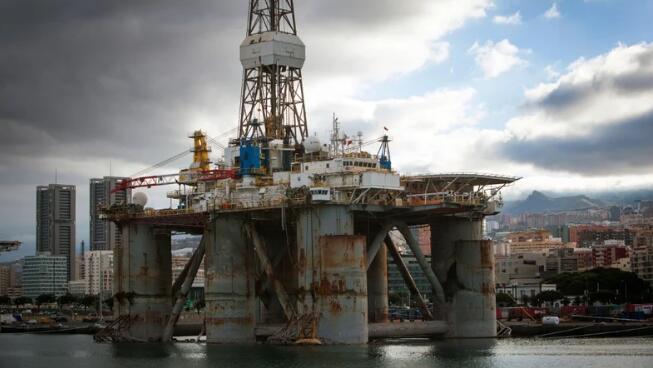Oil prices rose today as supply concerns over OPEC production cuts, unrest in Libya and sanctions on Russia outweighed concerns about a global recession that will dent demand.
Euro zone inflation hit another record high in June, reinforcing the case for the European Central Bank to raise interest rates quickly, while US consumer confidence hit a record low.
Brent crude was up $1.55, or 1.4%, at $113.18 a barrel by 1318 GMT, after falling more than $1 in early trade.

U.S. West Texas Intermediate (WTI) crude gained $1.34, or 1.2%, to $109.77.
The Organization of the Petroleum Exporting Countries (OPEC) missed its output increase target in June, a Reuters survey found.
In OPEC member Libya, authorities on Thursday declared force majeure at the ports of Es Sidr and Ras Lanuf and the El Feel field, saying oil production fell by 865,000 barrels per day (bpd).
Meanwhile, Ecuador's production has been hit by more than two weeks of unrest, leading the country to cut output by nearly 2 million barrels, state oil company Petroecuador said.
Aside from the potential supply woes, this week's strike in Norway could cut supplies in Western Europe's largest oil producer and reduce overall oil production by about 8%.
“Amid the backdrop of growing supply disruptions, Middle Eastern oil producers may experience a shortage of spare capacity,” said Stephen Brennock of oil broker PVM, referring to the limited ability of producers to pump more oil.
"Without new oil production coming into the market soon, prices will be forced higher."
Brent crude has traded near a record high of $147 a barrel in 2008 this year after Russia's invasion of Ukraine exacerbated supply concerns.
A Russian oil ban and cuts in natural gas supplies have sent energy prices soaring, pushing inflation to multi-decade highs in some countries and raising fears of a recession.




